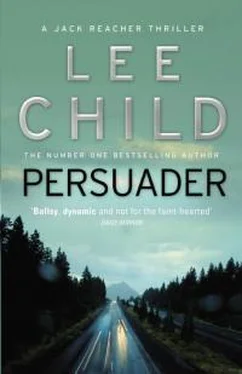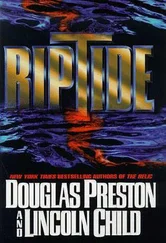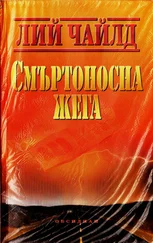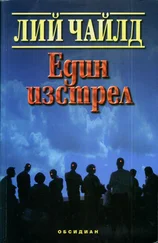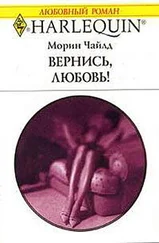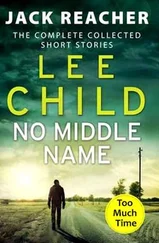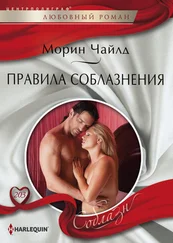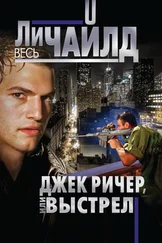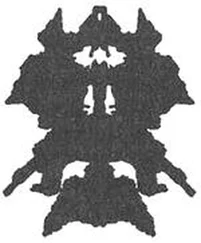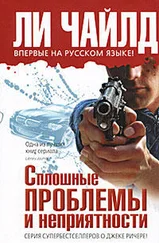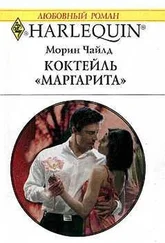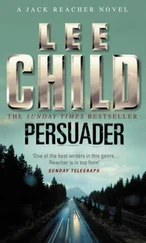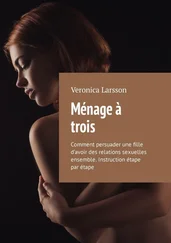“Stupid to do it alone,” Villanueva said.
“Stupid to do it together,” I said back. “The approach is going to be suicidal.”
He didn’t answer.
“Better that you guys stand by out here,” I said.
He made no reply to that. He wanted my back and he wanted Teresa but he was smart enough to see that walking toward a fortified and isolated house in the last of the daylight was going to be no kind of fun. He just kept the car rolling slowly. Then he took his foot off the gas and put the transmission in neutral and let it coast to a stop. He didn’t want to risk the flare of brake lights in the mist. We were maybe a quarter-mile short of the house.
“You guys wait here,” I said. “For the duration.”
Villanueva looked away.
“Give me one hour,” I said.
I waited until they both nodded.
“Then call ATF,” I said. “After an hour, if I’m not back.”
“Maybe we should do that now,” Duffy said.
“No,” I said. “I want the hour first.”
“ATF will get Quinn,” she said. “It’s not like they’re going to let him walk.”
I thought back to what I had seen and just shook my head.
I broke every regulation and ignored every procedure in the book. I walked away from a crime scene and failed to report it. I obstructed justice left and right. I left Kohl in the bedroom and Frasconi in the living room. Left their car on the driveway. Just drove myself back to the office and took a silenced Ruger Standard .22 from the company armory and went to find Kohl’s boxed-up files. My gut told me Quinn would make one stop before he headed for the Bahamas. He would have an emergency stash somewhere. Maybe phony ID, maybe a wad of cash, maybe a packed bag, maybe all three. He wouldn’t hide the stash on-post. Nor in his rented house. He was too professional for that. Too cautious. He would want it safe and far away. I was gambling it would be in the place he had inherited in northern California. From his parents, the railroad worker and the stay-at-home mom. So I needed that address.
Kohl’s handwriting was neat. The two cartons were filled with her notes. They were comprehensive. They were meticulous. They broke my heart. I found the California address in an eight-page bio she had prepared. It was a five-digit house number on a road that came under the Eureka post office. Probably a lonely place, far out of town. I went to my company clerk’s desk and signed a stack of travel warrants for myself. Put my service Beretta and the silenced Ruger in a canvas bag and drove to the airport. They gave me papers to sign before they let me carry loaded firearms inside the cabin. I wasn’t about to check them. I figured there was a good chance Quinn might take the same flight. I figured if I saw him at the gate or on the plane I would waste him right there and then.
But I didn’t see him. I got on a plane for Sacramento and walked the aisle after takeoff and scanned every face and he wasn’t there. So I sat tight for the duration of the flight. Just stared into space. The stewardesses stayed well away from me.
I rented a car at the Sacramento airport. Drove it north on I-5 and then northwest on Route 299. It was a designated scenic road. It wound through the mountains. I looked at nothing except the yellow line ahead of me. I had picked up three hours because of flying across three time zones but even so it was gathering dark when I hit the Eureka limit. I found Quinn’s road. It was a meandering strip that ran north-south high in the hills above U.S. 101. The highway was laid out far below me. I could see headlights streaming north. Taillights heading south. I guessed there was a rail line down there somewhere. Maybe a station or a depot nearby, convenient for Quinn’s old man back when he was working.
I found the house. Drove past it without slowing. It was a rough one-story cabin. It used an old milk churn instead of a mailbox post. The front yard had gone to seed a decade ago. I K-turned five hundred yards south of it and drove two hundred yards back toward it with my lights off. Parked behind an abandoned diner with a caved-in roof. Got out and climbed a hundred feet into the hills. Walked north three hundred yards and came on his place from the rear.
In the dusk I could see a narrow back porch and a scuffed area next to it where cars could be parked. Clearly it was the sort of place where you use the back door, not the front. There were no lights on inside. I could see dusty sun-faded drapes half-closed in the windows. The whole place looked empty and unused. I could see a couple of miles north and south and there were no cars on the road.
I came down the hill slowly on foot. Circled the house. Listened at every window. There was nobody inside. I figured Quinn would park in back and come in through the rear, so I broke in through the front. The door was thin and old and I just pushed hard on it until the inner jamb started to give and then I smacked it once above the lock with the heel of my hand. Wood splintered and the door swung open and I stepped inside and closed it again and wedged it shut with a chair. It would look OK from the outside.
It was musty inside and easily ten degrees colder than outside. It was dark and dim. I could hear a refrigerator running in the kitchen, so I knew there was electricity. The walls were covered in ancient wallpaper. It was faded and yellow. There were only four rooms. There was an eat-in kitchen, and a living room. There were two bedrooms. One was small and the other was smaller. I figured the smaller one had been Quinn’s, as a kid. There was a lone bathroom between the bedrooms. White fixtures, stained with rust.
Four rooms plus a bath is an easier search than most. I found what I was looking for almost immediately. I lifted a rag rug off of the living room floor and found a square hatch let into the boards. If it had been in the hallway I would have figured it for an inspection cover above the crawl space. But it was in the living room. I took a fork from the kitchen and levered it open. Under it was a shallow wooden tray built between the floor joists. On the tray was a shoe box wrapped in milky plastic sheeting. Inside the shoe box were three thousand dollars and two keys. I figured the keys were for safety-deposit boxes or left-luggage lockers. I took the cash and left the keys where they were. Then I put the hatch lid back and replaced the rug and chose a chair and sat down to wait with my Beretta in my pocket and the Ruger laid across my lap.
“Take care,” Duffy said.
I nodded. “Sure.”
Villanueva said nothing. I slid out of the Taurus with the Beretta in my pocket and the Persuaders held one in each hand. Crossed straight to the shoulder of the road and got as far down on the rocks as I could and started picking my way east. There was still daylight behind the clouds but I was dressed in black and I was carrying black guns and I wasn’t exactly on the road itself and I thought I might have a chance. The wind was blowing hard toward me and there was water in the air. I could see the ocean ahead. It was raging. The tide was on the way out. I could hear the distant waves pounding and the long suck of the undertow ripping through sand and gravel.
I came around a shallow curve and saw that the wall lights were on. They blazed blue-white against the dim sky. The contrast between the electric light and the late-afternoon darkness beyond it would mean they would see me less and less well the closer I got. So I climbed back onto the roadway and started to jog. I got as close as I dared and then slipped back down the rocks and hugged the shore. The ocean was right at my feet. I could smell salt and seaweed. The rocks were slippery. Waves pounded and spray burst up at me and the water swirled angrily.
I stood still. Took a breath. Realized I couldn’t swim around the wall. Not this time. It would be madness. The sea was way too rough. I would have no chance. No chance at all. I would be tossed around like a cork and smashed against the rocks and battered to death. Unless the undertow got me first and pulled me out and swallowed me into the depths and drowned me.
Читать дальше
